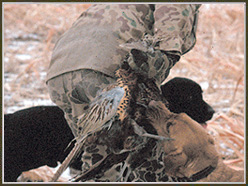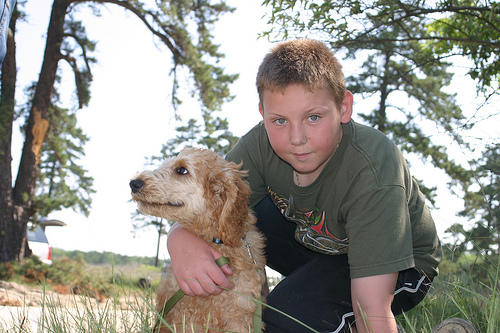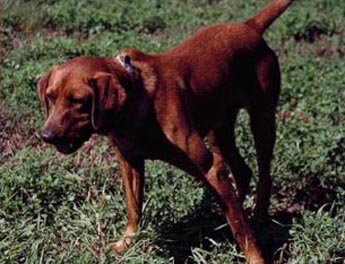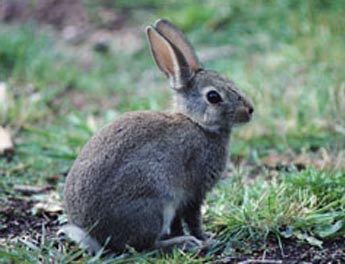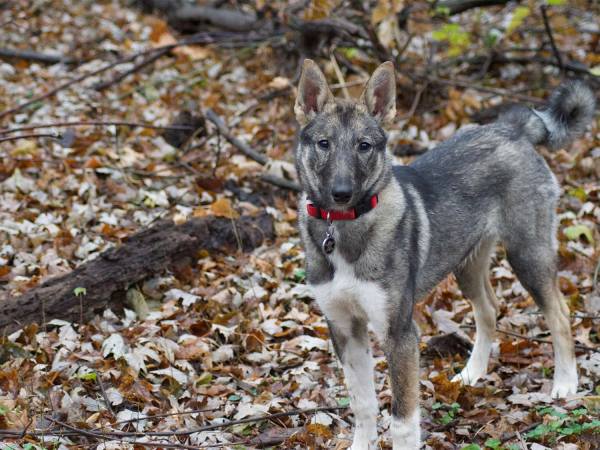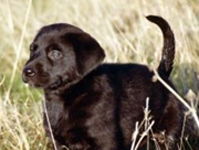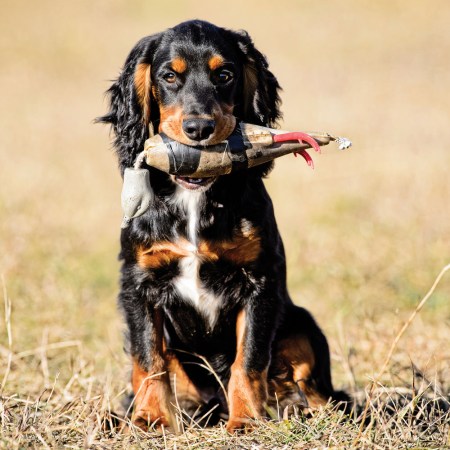Perhaps the best-kept secret in choosing a pup is that the pup should choose you. However, the first step in finding the right dog is locating the right litter. Start by researching which breeds are best for the game you hunt; out of those, choose the one that’s best suited to your level of training skills and the time you have available. Next, read a modern training manual for this type of dog (yes, before you get the dog, not after). Now search for a breeder who has developed a hunting bloodline, not just someone who is mating dogs of unknown ability.
Once you’ve found such a breeder, the next step is critical. To avoid the crapshoot of a first-time experiment, be sure to narrow the litter choice to a proven mating. List the qualities you’re looking for and ask the breeder if he or she has done matings that produced those qualities. Check references. If you do your homework, chances are that all the pups in a proven mating will fill your wish list.
Now for that single pup. There are a number of physical characteristics you should look for or avoid in any dog (see photo), but the real key to picking an individual pup is the potential bond between the two of you. That’s why my advice is to let the dog do the choosing. Spend some time with the litter in its pen, or just outside the fence. Sit all the way down and, without special encouragement, let the pups show interest in you. The one that seems to like you best, that comes to you first and does this more often than littermates will be the most eager to please you and learn from you. And that will make training a breeze.
Quick Tip
Beat the Blues: To minimize litter-separation trauma, Sandy Helm of Jim-SaNick Kennels in Ord, Neb., bathes her pups so they can ride in the front seat with their new owners She also sends each one off with a stuffed toy that carries her famiiar scent and can be played with as a substitute for littermate.
